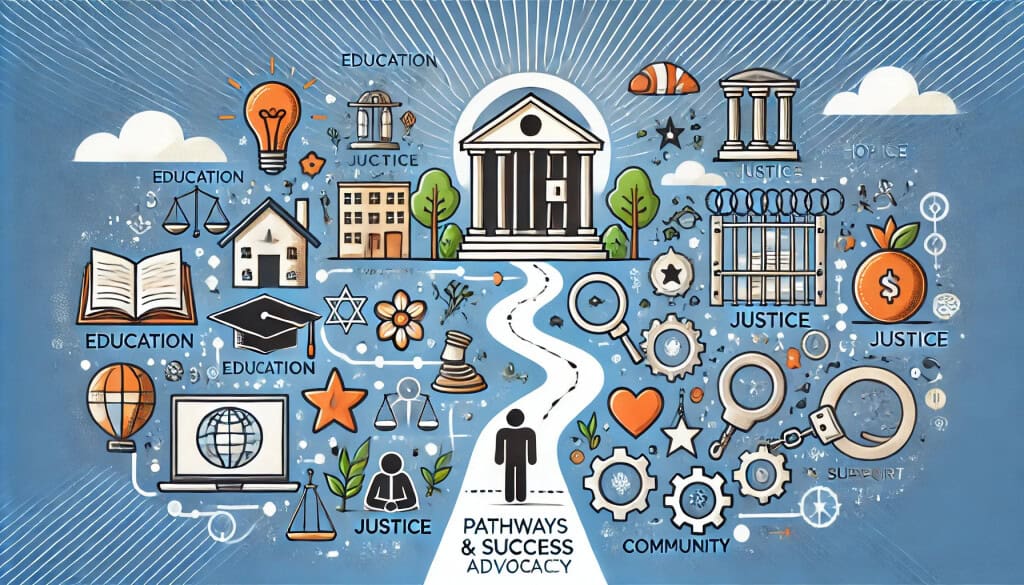“Both Sides, Now” by Joni Mitchell offers a beautiful lens for understanding life’s contradictions. Born from youthful idealism and tempered by life’s realities, its wisdom resonates deeply with people navigating hardship and transformation. 1
The Backstory: Joni Mitchell’s Creation of the Song
At just 21, Joni Mitchell composed “Both Sides, Now” during a tumultuous period in her life—single motherhood, giving her daughter up for adoption, and launching her music career. Inspiration struck mid-flight when reading Saul Bellow’s Henderson the Rain King. In the novel, the protagonist looks down from a plane at clouds; Mitchell paused, gazed out her window, and began writing the song on the spot.
Released on her album Clouds, it became iconic—Judy Collins’s cover charted in 1968, winning a Grammy, and Mitchell’s version remains timeless.
Song Structure & Themes: Clouds, Love, Life
Mitchell unfolds three reflections:
- Clouds: Once seen as magic—“ice cream castles in the air”—they become mere obstacles blocking the sun.
- Love: Idealized romantic fantasies shift into routines, revealing that affection often becomes a performance.
- Life: Bold adult declarations give way to humble recognition: “something’s lost, something’s gained in living every day.”
Despite evolving perspectives, Mitchell concludes each verse with poignant humility: “I really don’t know… at all.”
Why This Matters to Prisoners and Families
Just like Mitchell’s journey—from idealism through adversity—incarceration tests our expectations. Yet, awareness can awaken something crucial: resilience.
- Perspective Shift: You see dreams through new clarity—even if perfect answers remain elusive.
- Growth Through Pain: Understanding both sides of life teaches deeper acceptance and adaptability.
- Humility with Hope: It’s okay not to have it all figured out—what matters is the continued journey toward insight and purpose.
Practical Reflections: Seeing Both Sides Now
- Journal Prompts:
- Before imprisonment, how did you see your future? How do you envision it today?
- In your relationships, what dreams have changed—and what new truths have emerged?
- Is there something you used to believe you fully understood, but now see differently?
- Letter to Family:
- Share how your perspective has shifted. Ask them how time apart might have changed how they see things too.
- Peer Conversation Starter:
- Discuss: “What’s something you used to think was simple—but now feels complex?”
Rebirth Through Health Challenges
Joni Mitchell’s journey with “Both Sides, Now” isn’t just artistic—it’s deeply personal. Her performances in adulthood have carried a weight and hope shaped by profound health struggles.
Mitchell endured polio as a child, an early confrontation with physical fragility. Recovery was miraculous, but she once described it as “rehearsal for the rest of my life,” preparing her to endure future challenges 2.
Decades later, she faced Morgellons disease—an illness marked by years of debilitating discomfort. She spent much of that time away from the public eye, struggling with symptoms that affected her daily life 3.
In 2015, Mitchell suffered a ruptured brain aneurysm, leaving her unable to walk or talk. Many believed she would never perform again. But through determination and music therapy, she regained her speech, her mobility, and her ability to sing 4.
A Song Reborn: “Both Sides Now” Transformed
These trials gave her later performances of “Both Sides, Now” a deeper, more soulful resonance:
- Her 2000 orchestral re-recording brought a reflective, almost bittersweet weight to the song, bridging decades of personal and artistic growth.
- Her surprise appearance at the Newport Folk Festival in 2022 stunned fans and critics alike, a triumphant symbol of resilience and creative rebirth 5.
- Her moving performance at the 2024 Grammy Awards carried the same power—an artist who had faced life’s storms and returned to the stage with humility and grace 6.
Where once the song reflected the innocence of youth, it now stands as a meditation on survival, change, and the acceptance that life’s mysteries are never fully solved. When Mitchell sings, “I really don’t know life at all,” it is no longer naïve—it is the voice of someone who has lived through both loss and renewal.
Seeing Life “From Both Sides” in Prison
Prison changes your perspective—on yourself, on other people, and on life itself. Before incarceration, it’s easy to see the world through one lens: chasing goals, chasing money, chasing respect. But once inside, another side of life comes sharply into focus—loss, regret, and the walls that separate you from the life you knew.
Joni Mitchell’s Both Sides, Now reminds us that maturity isn’t about finding a single “true” perspective. It’s about holding both—the dreams we once had and the reality we now face—and learning from them. Her later performances, shaped by illness, recovery, and resilience, mirror the transformation many prisoners experience.
Incarceration can be a time to look back on the illusions you once held, the mistakes that led you here, and the people you’ve hurt. But it can also be a time to see the possibilities ahead: rebuilding relationships, learning new skills, and walking out with a deeper understanding of life’s complexity.
Just as Mitchell embraced both the joy and the pain of her journey, you can embrace the fullness of yours. The goal isn’t to erase the past or pretend it didn’t happen—it’s to accept it, learn from it, and step into the future wiser, stronger, and more open-hearted than before.
The Gift of Seeing Both Sides
Mitchell’s song doesn’t promise clarity—it honors the tension between idealism and reality. It encourages humility, compassion, and the courage to keep learning.
In a world behind bars, understanding “both sides” offers a foundation for emotional freedom, renewed hope, and shared growth with those who love you.
About Pathways to Success and Georgia Prisoners Speak (GPS)

At Georgia Prisoners Speak (GPS), we believe that education is one of the most powerful tools for breaking cycles of incarceration and building a better future. That’s why we created the Pathways to Success program—a dedicated initiative providing educational resources, skill-building guides, and financial literacy tools tailored specifically for prisoners and their families.
GPS is a prison reform advocacy platform focused on exposing systemic injustices, pushing for policy change, and empowering incarcerated individuals with the knowledge they need to successfully re-enter society. Our educational articles are part of this mission, ensuring that those impacted by incarceration have access to practical guidance that can help them build stability, opportunity, and financial independence.
To explore more resources, visit Pathways to Success.

- Video on TikTok from a 1968 performance: https://www.tiktok.com/t/ZT6aysmyT/[↩]
- https://en.wikipedia.org/wiki/Joni_Mitchell[↩]
- https://www.the-express.com/entertainment/music/173548/Joni-Mitchells-health-battles-brain-aneurysm-mystery-disease[↩]
- https://www.theguardian.com/books/2025/jan/18/she-couldnt-walk-she-couldnt-talk-music-therapy-helped-joni-mitchell-recover-from-a-stroke-could-it-ward-off-depression-and-dementia-too[↩]
- https://www.tiktok.com/t/ZT6aypMca/[↩]
- https://www.tiktok.com/t/ZT6ayWsud/[↩]
